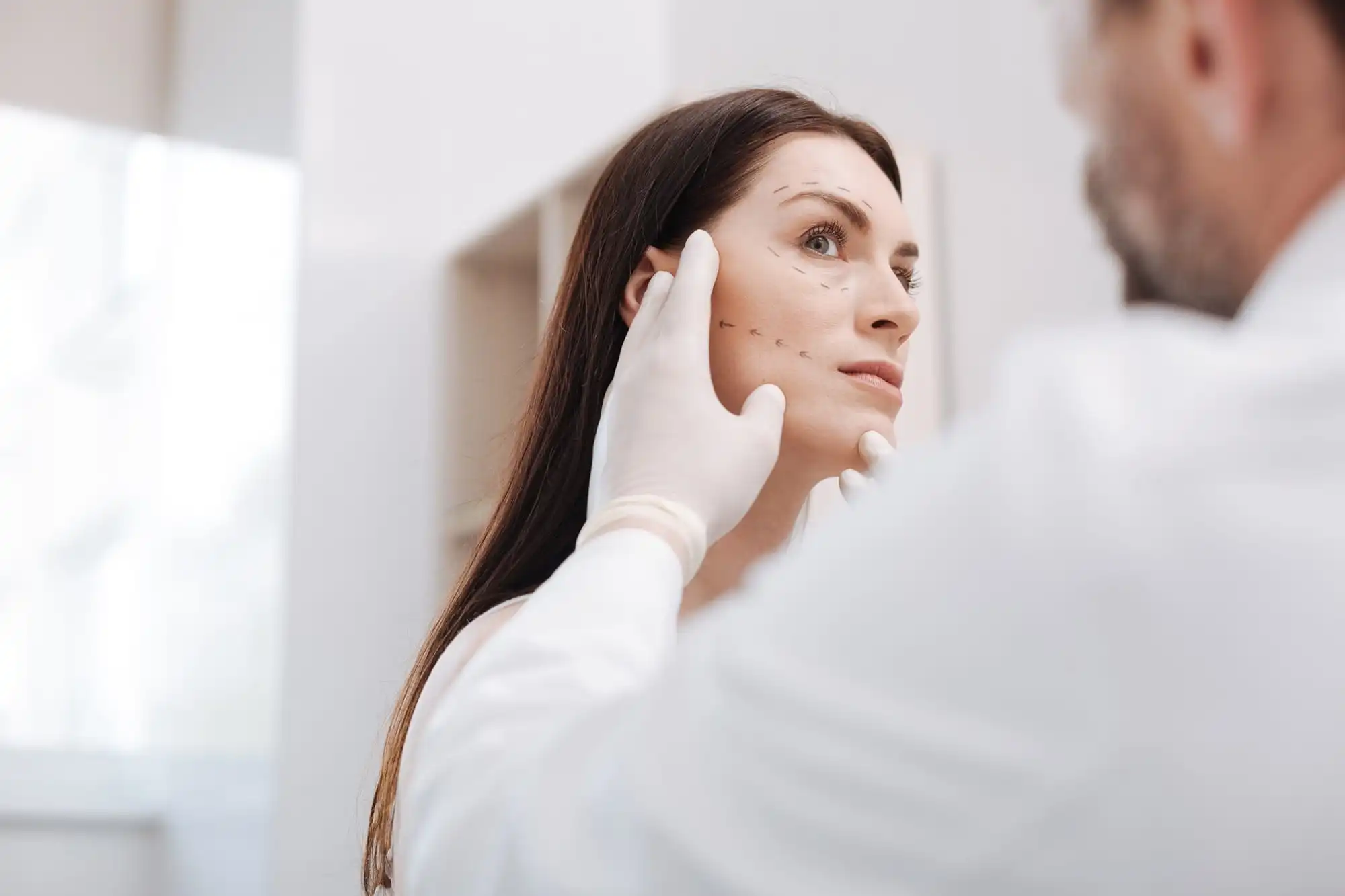We hear about plastic surgery and celebrities all the time, but it looks like plastic surgery is going political this week.
Republican senator, Lindsey Graham, recently cracked a plastic surgery joke about Democratic House Leader, Nancy Pelosi. Graham wasn’t pleased with Pelosi’s response to a recent Benjamin Netanyahu speech. Prime Minister Netanyahu recently spoke about Iran’s nuclear arsenal and Graham claimed that Pelosi was disgusted with the speech, but that her disgust was difficult to perceive, due to the number of plastic surgeries she’s had. According to Jezebel, he claimed that one could read Pelosi’s response to the speech if, “you can get through all the surgeries.”
Jezebel reported that Graham later apologized to Pelosi for his tasteless humor. The New York Times reports that Pelosi has repeatedly been asked about whether she has had work done, though Pelosi has not commented when asked.
Graham’s recent cracks bring to the forefront one question that some patients have when they have Botox or facial plastic surgery: will these surgeries decrease my ability to express emotions?
Are the rumors true? How do these surgeries and injections affect a person’s ability to express emotions.
Botox works by paralyzing facial muscles, so it can, in fact, affect a person’s ability to express negative emotions. By preventing a person from frowning, the presence of frown lines are reduced.
Yet, should patients be overly worried about these limitations, or are these limitations really a boon in disguise? According to Time Magazine, a study published in the Journal of Cosmetic Dermatology found that patients who had had Botox injections were happier, less depressed, and less anxious. Apparently, by reducing a patient’s ability to express negative emotions, Botox can actually make patients happier. Additionally, some researchers are studying whether Botox can help mitigate depression in certain patients.
The research suggests that by reducing a negative physical feedback cycle caused by negative facial expressions, Botox can help patients feel happier.
So, yes, patients who have facial plastic surgery may experience changes in how they express emotions. Yet, these surgeries can also have benefits as well.
Even so, a skilled plastic surgeon should be able to perform Botox injections in a manner that produces a subtle result.
Patients who are concerned about how plastic surgery will affect their ability to express emotions should speak to their plastic surgeon. Botox, when skillfully injected, should not completely paralyze the face. Oftentimes, the adverse effects of these injections occur when patients are treated by inexperienced doctors who do not use a gentle touch. Finding a skilled plastic surgeon to perform the procedure is key to ensuring the best possible outcome. Botox, when properly injected should create subtle results. You’ll look younger, but friends and family won’t quite know why. Dr. Leonard Grossman, M.D. has been performing Botox injections in New York since 1995. His expertise has resulted in countless happy patients. If you want
a more positive outlook combined with subtle results, Dr. Leonard Grossman can help eliminate the appearance of fine lines and wrinkles. Contact the Brooklyn New York office today for an initial consultation.




